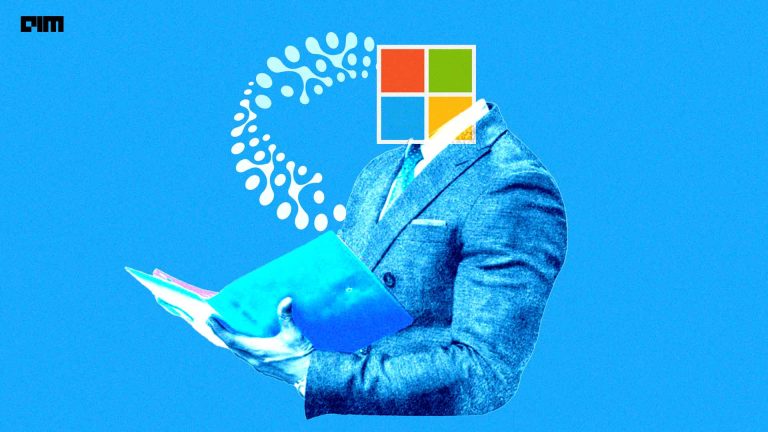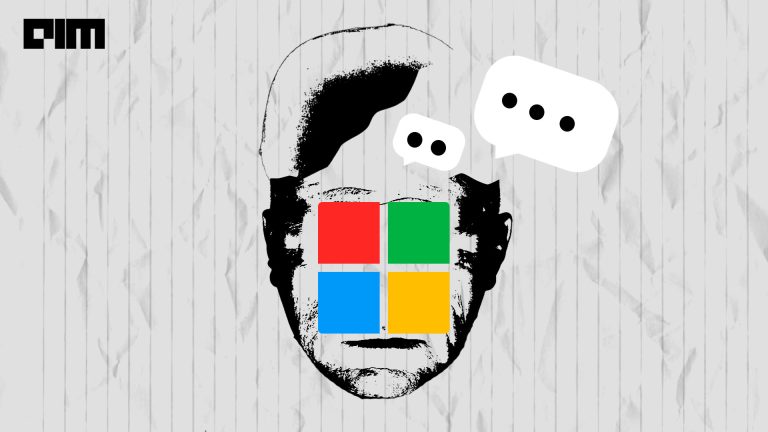|
Listen to this story
|
Cal Henderson and Stewart Butterfield founded Slack in 2009. The collaboration tool rose from the ashes of the non-combat multiplayer online game, Glitch. Tiny Speck, the publisher of Glitch, built an in-house tool to foster a sense of collaboration among video game developers while making repetitive tasks more fun and engaging. On realising the commercial potential for an enterprise communication “cool”, the team launched Slacked as an open-source, instant messaging app that let team members collaborate in one place – and it became an instant hit.
Over 8,000 customers signed up for the service within 24 hours after it was incorporated in August 2013. In 8 months, the company reached a jaw-dropping valuation of USD 1 billion. In 2015, Slack claimed it had over 135,000 paying customers spread across 60,000 teams, with 10,000 users signing up each week.
Last year, the IDC MarketScape recognised Slack as a leader among major collaborative and community platform vendors. The report positioned Slack as a leader for both its strategies and capabilities, including wide adoption by the developer community; integrations with several business software applications; new audio and video features such as huddles and clips; In-house customer relationship support and management; and enterprise-friendly plans to help meet security, compliance and governance requirements. As per Slack, users send over 1.5 billion messages per month on the platform.
Salesforce acquired Slack in July 2021. Ever since, the co-CEO of the CRM platform, Bret Taylor, has been endorsing a Slack-first UX.
As per a 2021 update, Slack has 12 million daily active users. Further, 43% of Fortune 100 companies have a paid subscription to Slack. The collaboration tool had 156,000 paying customers as of March 2021.
Mindblowing stats from @SlackHQ
— Thien-Lan Weber (@thienlan) November 17, 2021
* 300K msgs per sec
* 1M developers building apps on Slack#SlackFrontiers pic.twitter.com/bochNRbD4b
Today, Slack is so much more than a messaging app for businesses. By centralising the teams, Slack transforms how organisations communicate.
Feud with Microsoft
Microsoft announced Teams shortly after Slack was launched and has remained its biggest competitor ever since.
Slack had 12 million daily active users in 2021. Teams, on the other hand, had over 110 million. Microsoft also claims 270 million “active monthly users.”
Teams caters to 500,000 organisations. Most notably, 91 of the Fortune 100 use the platform. However, 66% of Teams customers also use Slack.
In 2018, Microsoft added Slack to its list of official competitors. On the other hand, Slack filed an antitrust complaint against Microsoft in 2020. The European Commission is formally investigating the claim.
Slack CEO Stewart Butterfield said the platform doesn’t compete with Teams. He alleged Microsoft is “unhealthily preoccupied” with killing Slack, using Teams as a weapon.
Eyeing the next billion users
Slack changed its growth model after joining the Salesforce family.
“The opportunity in India is massive. To start with, Slack has a massive free user base here in India. Therefore, there is a high awareness of Slack and a strong desire to engage with it and try it out. Our mission is to ensure companies using the free version are aware of the additional functionality they will get with the business version, truly unlocking the power of Slack,” said Rahul Sharma, AVP and country manager, Slack.
India has the second-largest SMB market globally– a sweet spot for Slack. For SMBs, employee experience is of paramount importance, and they put a lot of emphasis on usability.
“The vibrant India Inc allows us to leverage their growth. We have a significant footprint in big global tech companies with a major presence in India, like IBM, Amazon, Oracle, and Intuit. India is also a major focus for Slack due to large systems integrators like Wipro and TCS. There are also the digital-first companies born in the cloud and have built their businesses on Slack, and India’s ever-expanding population of unicorns, who love working on Slack,” he continued.
Digital HQ
Slack has been operating in India for four years and had set up an engineering team in Pune in 2018 following the company’s acquisition of Astro. The Slack India team has over 120 employees across four offices in Pune, Mumbai, Bangalore and Gurgaon. Indian companies such as Zomato, Dreamsports, Freecharge, Razorpay etc use Slack to enable seamless communication. On June 1, 2022, Slack officially launched in India, announcing its mission to help Indian companies navigate the transition to a hybrid workplace by establishing a digital headquarters (‘Digital HQ’).
Adopting Slack as a Digital HQ allows Indian companies to connect their teams, tools, customers, and partners in a digital place that’s fast, flexible and inclusive for a work-from-anywhere world. A Digital HQ allows work to flow, breaking down communication and collaboration silos, internally and externally; automates tasks that take away time from deep, meaningful work; and enables new, flexible ways of working, striking the right balance between synchronous and asynchronous.
According to a recent Slack study, The Reinvention of Work, 4 in 5 respondents desired flexibility, and a significant 80% would seek a role elsewhere if their employer didn’t accommodate this. Embracing Slack as their Digital HQ provides Indian knowledge workers with the ability to do their jobs from anywhere, at any time.
In the same Slack study, Indian knowledge workers said they were wasting an average of 47 minutes a day switching between the various apps they use to do their jobs. One in five respondents said they were losing 10 hours a week – nearly ten working weeks a year. With over 2,600 app integrations, the Slack platform is purpose-built to address this loss in productivity and improve the employee experience.
“We are excited to be here in India, and we see so many growth opportunities. We believe we can positively impact the Indian companies we serve, supporting them in their transition to a hybrid workplace and being the Digital HQ that is relied on by companies of all sizes,” said Rahul.



















































































